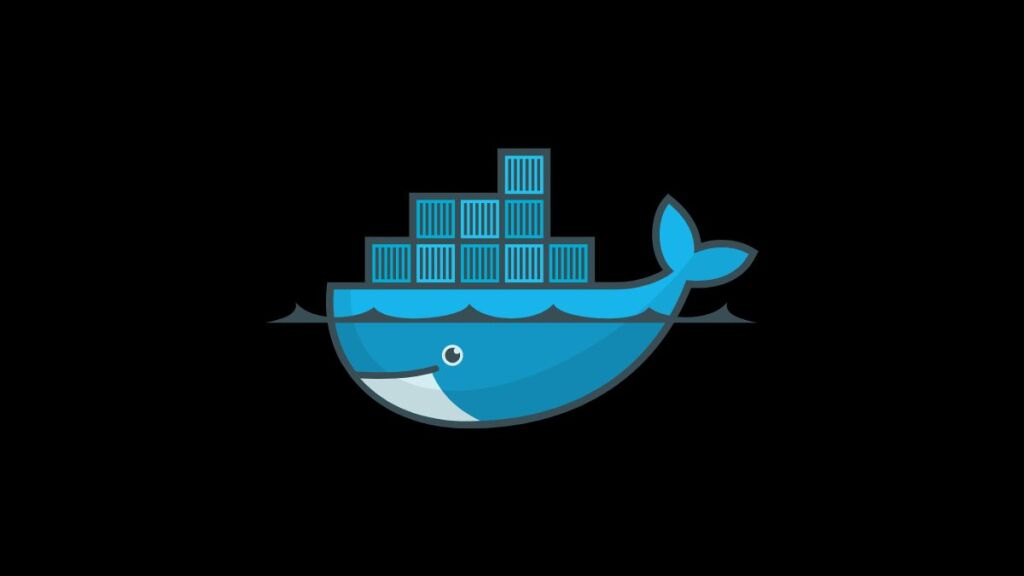Docker has revolutionized the development and deployment processes in software engineering by providing a platform for running applications in lightweight, portable containers. Understanding how to interact with and manage these containers is crucial for developers, DevOps engineers, and system administrators. One of the most frequently used Docker commands is docker ps, particularly with the -a option. This article delves into the docker ps -a command, providing insights into its functionality, usage, and practical applications to enhance your Docker container management skills.
Understanding docker ps -a
The docker ps command is used to list containers in Docker. When used without any options, it displays a list of all running containers. The addition of the -a or --all option extends this functionality by listing all containers, including those that are stopped, exited, or created. This comprehensive view is essential for managing the entire lifecycle of Docker containers and troubleshooting issues.
Syntax and Options
The basic syntax for this command is:
docker ps [OPTIONS]When including the -a option, it becomes:
docker ps -aSome of the most useful options to use with docker ps include:
-q: Only display container IDs, useful for scripting.--format: Customize the output using Go templates, allowing for tailored information display.--filter: Apply filters to the output, such as status, label, or name, providing focused insights into specific containers.
Practical Examples
Listing All Containers
To see a list of all containers on your system, including their IDs, image names, command executed on start, creation time, status, names, and ports, use:
docker ps -aDisplaying Container IDs Only
For scenarios where you need to quickly gather the IDs of all containers, for example, to stop or remove them in bulk, you can use:
docker ps -a -qFiltering Containers by Status
If you’re only interested in containers with a specific status, such as exited containers, you can filter the output:
docker ps -a --filter "status=exited"This command helps in identifying containers that have stopped or crashed.
Customizing Output Format
For tailored insights, especially when integrating with monitoring tools or generating reports, you can specify the output format:
docker ps -a --format "table {{.ID}}\t{{.Image}}\t{{.Status}}"This command will display a table with the container ID, image, and status only.
Tips for Effective Usage
- Routine Maintenance: Regularly use
docker ps -ato identify and clean up exited or unused containers to free up system resources. - Automation and Scripting: Combine
docker ps -awith other Docker commands in scripts to automate common maintenance tasks or deployment workflows. - Troubleshooting: Utilize the detailed view provided by
docker ps -ato diagnose issues with containers that are not running as expected.
Conclusion
The docker ps -a command is a powerful tool in the Docker ecosystem, offering deep insights into the state and details of all containers on a system. By mastering its options and effectively integrating it into your workflow, you can significantly enhance your container management processes. Whether you’re debugging an application, performing system maintenance, or automating deployments, understanding how to leverage docker ps -a is an essential skill for anyone working with Docker.
- Car Dealership Tycoon Codes: Free Cash for March 2024 - April 9, 2024
- World Solver - April 9, 2024
- Roblox Game Trello Board Links & Social Links (Discord, YT, Twitter (X)) - April 9, 2024

